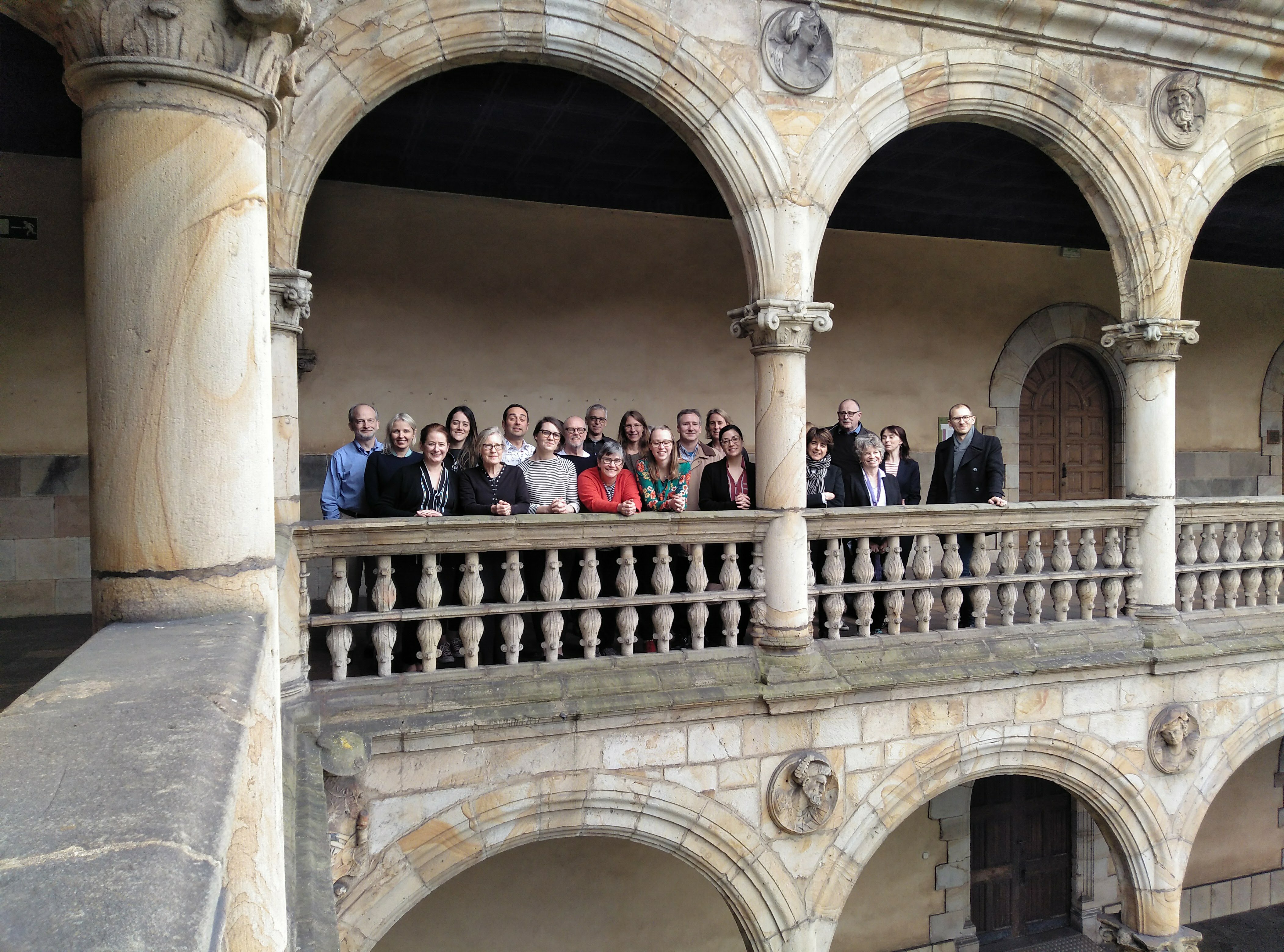
Twenty scholars from several countries just finished their workshop on Judging, Emotion and Emotion Work, which has been chaired by Kathy Mack (Flinders University, Australia), Sharyn Roach Anleu (Flinders University, Australia), Terry Maroney (Vanderbilt University, Tennessee, USA) and Stina Bergman Blix (Uppsala University, Sweden).
According to the coordinators, "in common law and civil law traditions, legal rules are understood as impersonal, and judges embody impartial legal authority. Emotions are viewed as inherently irrational, disorderly, impulsive and personal, and therefore inconsistent with the rationality necessary for impartial, legitimate exercise of judicial authority. Whether a judge is assessing evidence, applying law, making a final decision or an interim order, or engaging with others in the courtroom, personal views, biases, values and emotions should be set aside". However, "growing research in several disciplines challenges this dichotomy between reason and emotions and the claim that emotion necessarily detracts from reason. Reason depends on and is linked to emotion in many ways. In addition to presenting difficulties, emotion can play an important and positive role in rational decisionmaking".
In the course of this two-day workshop, participants have addressed emotion in judging in several ways, drawing on a range of socio-legal insights and methods from several disciplines. The workshop has aimed to identify and understand the place[s] of emotion in judicial work with particular attention to explicit and implicit feeling and display rules, as well as legal norms, that shape the relation between emotion and judging. Participants have situated this inquiry in the concrete emotional realities of everyday judicial work.



